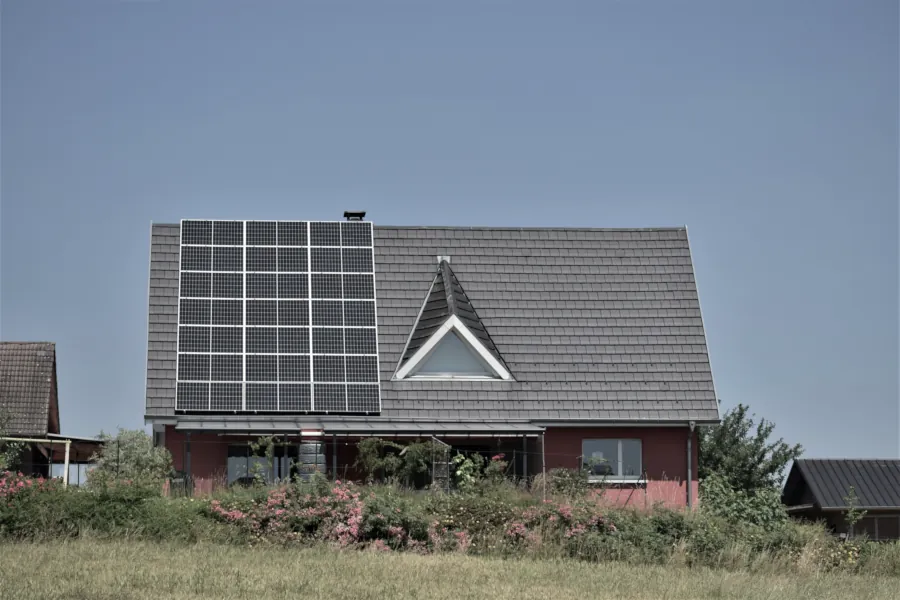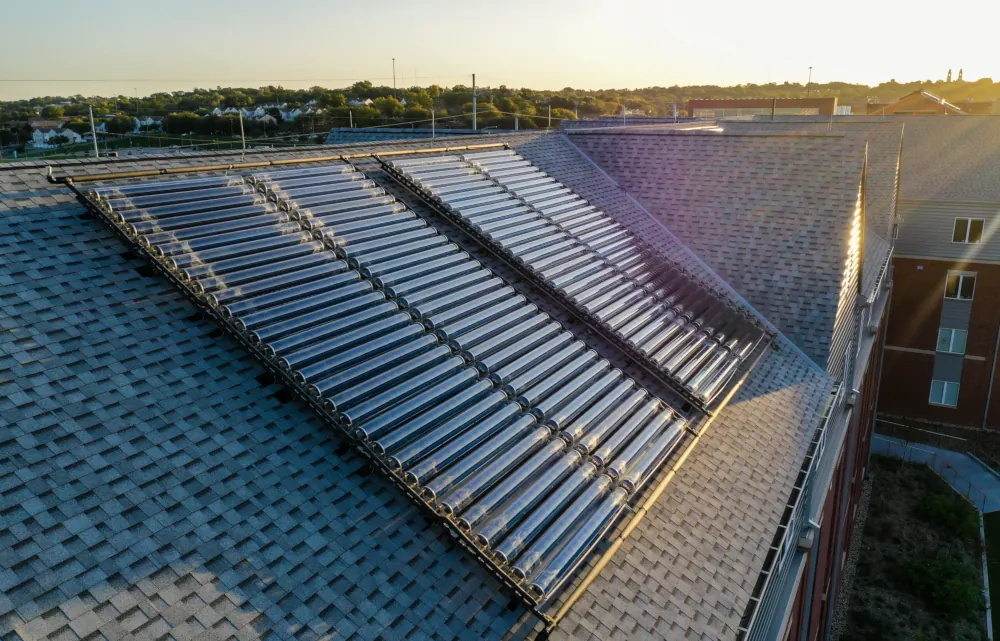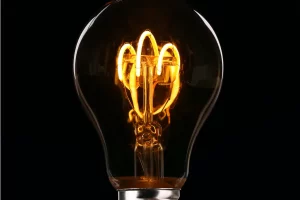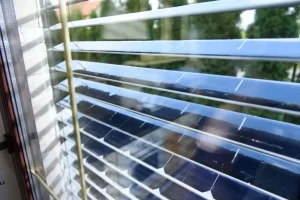Solar technology has gained significant traction among homeowners. Two primary technologies dominate the residential solar market: solar panels and solar collectors. While they both harness the power of the sun, they serve different purposes and function differently. This comprehensive guide explores the use cases, differences, and essential information homeowners need to know about solar panels and solar collectors.
What are Solar Panels?
Solar panels, also known as photovoltaic (PV) panels, convert sunlight directly into electricity. They are composed of semiconductor materials, typically silicon, that generate an electric current when exposed to sunlight. Solar panels are widely used for generating electricity to power homes, businesses, and even entire communities.

Use Cases for Solar Panels
- Electricity Generation: Solar panels are primarily used to generate electricity for residential, commercial, and industrial applications. Homeowners can install solar panels on rooftops or other sunny areas to reduce their reliance on grid electricity and lower their energy bills.
- Grid-Tied Systems: Many residential solar panel systems are connected to the electrical grid. Excess electricity generated during sunny periods can be fed back into the grid, and homeowners can draw electricity from the grid when their solar panels are not producing enough power.
- Off-Grid Systems: In remote areas without access to the electrical grid, solar panels provide a reliable source of electricity. Paired with battery storage, these systems can supply power continuously, even during nighttime or cloudy days.
- Hybrid Systems: Combining solar panels with other renewable energy sources, such as wind turbines, can create a hybrid system that provides a more consistent and reliable energy supply.
What are Solar Collectors?
Solar collectors, also known as solar thermal collectors, capture and transfer solar energy to heat a fluid, typically water or an antifreeze solution. This heated fluid is then used for various heating applications, such as domestic hot water, space heating, or even pool heating.

Use Cases for Solar Collectors
- Domestic Hot Water: Solar collectors are commonly used to heat water for domestic use, reducing the need for conventional water heaters and lowering energy bills.
- Space Heating: In colder climates, solar collectors can be used to heat water or air, which is then circulated through the home to provide space heating.
- Pool Heating: Solar collectors are an efficient way to heat swimming pools, extending the swimming season and reducing the costs associated with traditional pool heaters.
- Industrial Processes: In some industrial applications, solar collectors can be used to provide process heat, reducing the reliance on fossil fuels.
Differences Between Solar Panels and Solar Collectors
Function. Solar Panels convert sunlight directly into electricity through the photovoltaic effect. Solar Collectors capture solar energy to heat a fluid, which is then used for heating applications.
Technology. Solar Panels made of semiconductor materials, typically silicon, that generate an electric current when exposed to sunlight. Solar Collectors consist of a collector plate or tubes that absorb solar radiation and transfer heat to a fluid circulating through the system.
Applications. Solar Panels are best suited for generating electricity to power homes, businesses, and off-grid systems. Solar Collectors are ideal for heating applications, such as domestic hot water, space heating, and pool heating.
Efficiency. Solar Panel efficiency varies based on the type of PV cells used (monocrystalline, polycrystalline, thin-film), typically ranging from 15% to 22%. Solar Collectors are highly efficient for heating purposes, often exceeding 70% efficiency in converting solar energy to heat.
Cost. Solar Panels are generally more expensive upfront due to the complexity of the technology and the need for additional components like inverters and mounting systems. Solar Collectors typically have lower upfront costs, but savings depend on the application and local climate conditions.
Key Considerations for Homeowners
Solar Panels require unobstructed sunlight for maximum efficiency. Best suited for regions with high solar insolation. Shading, roof orientation, and angle affect performance. Solar Collectors can be effective even in less sunny regions, especially for heating applications. They are more tolerant of shading and can be installed on roofs or other sunny areas.
Solar Panels are suitable for homeowners looking to reduce their electricity bills or achieve energy independence. Ideal for powering electrical appliances and devices. Solar Collectors are best for homeowners with high heating demands, such as domestic hot water or space heating. They complement solar panel systems by addressing heating needs.
Solar Panels require minimal maintenance, mainly periodic cleaning and occasional inspection of electrical components. Solar Collectors require regular maintenance to ensure efficient heat transfer, including checking fluid levels, pressure, and the condition of the collector plates or tubes.
Both solar panels and solar collectors may be eligible for various incentives, rebates, and tax credits at the federal, state, or local levels. These incentives can significantly reduce the upfront costs and improve the return on investment.
Alternatives to Solar Panels and Solar Collectors
- Wind Turbines: For homeowners in windy regions, small wind turbines can generate electricity and complement solar panel systems.
- Geothermal Systems: Geothermal heat pumps can provide efficient heating and cooling by leveraging the stable temperatures underground.
- Hybrid Systems: Combining multiple renewable energy sources, such as solar panels, wind turbines, and geothermal systems, can create a robust and reliable energy solution.
Conclusion
Solar panels and solar collectors offer distinct advantages for residential energy needs, with solar panels excelling in electricity generation and solar collectors providing efficient heating solutions. By understanding their differences, use cases, and key considerations, homeowners can make informed decisions about which technology best suits their needs. Whether aiming to reduce electricity bills, achieve energy independence, or lower heating costs, integrating solar technology into residential homes contributes to a more sustainable and eco-friendly future.



